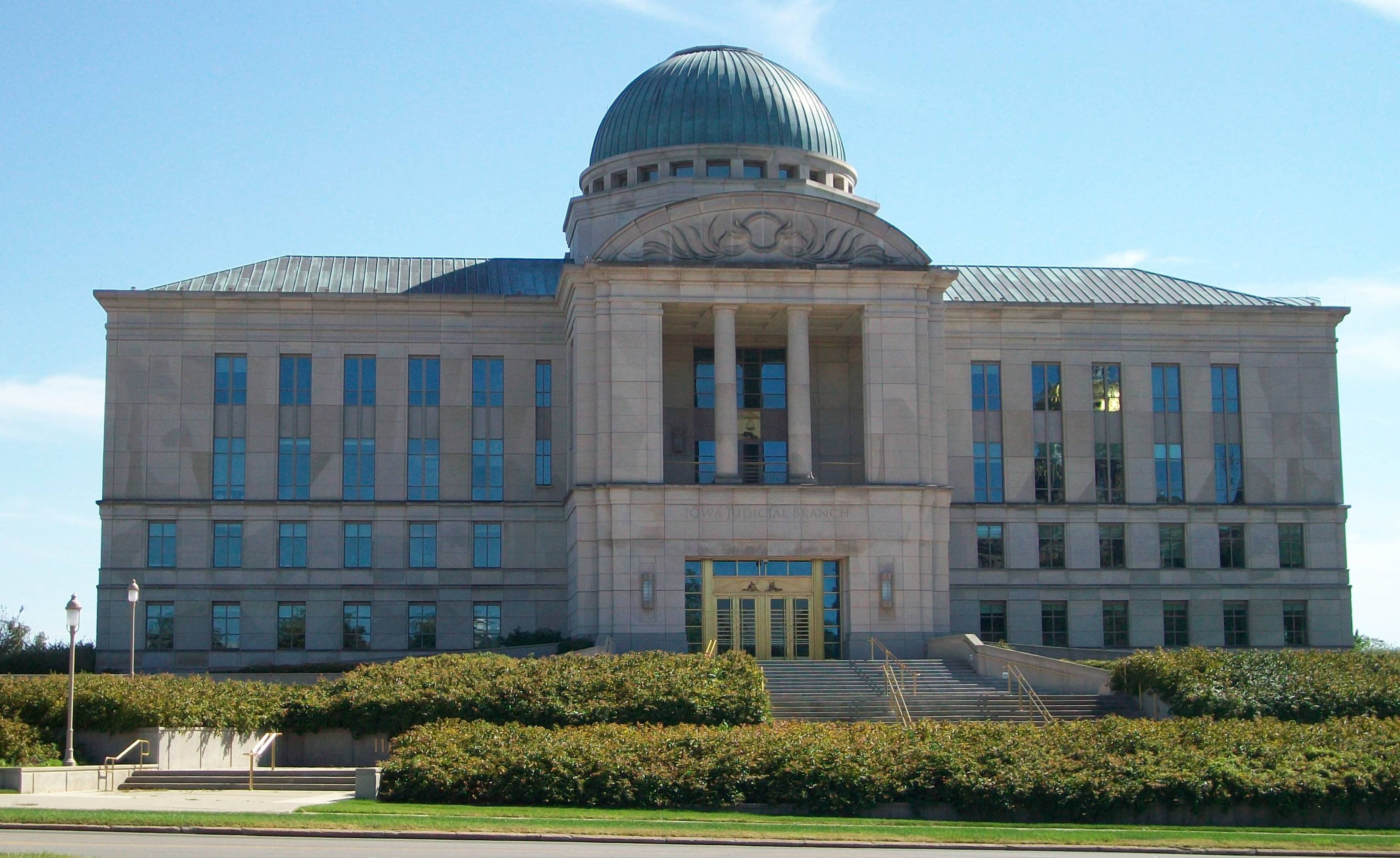
In a unanimous ruling from the Iowa Supreme Court, the Mahaska County Board of Supervisors and Site A Landowners won a significant decision that reverses and remands district court summary judgments in favor of the South Central Regional Airport Agency, putting significant doubt into the future of a proposed regional airport in Mahaska County.
The majority opinion filed by Justice Christopher McDonald allows Mahaska County to withdraw from a 28E Agreement signed in 2012 with the Cities of Pella and Oskaloosa. The SCRAA and Cities argued Mahaska County’s participation in the agreement was binding and necessary for future regulatory needs, but the court ultimately decided that one county board of supervisors cannot bind a later board in the exercise of its governmental functions, and that any legislature in Iowa cannot pass a statute to override a constitutional command.
“We therefore declare that Article XI of the 28E Agreement is invalid and sever it from the remainder of the Agreement. Mahaska County may, consistent with this opinion, choose to withdraw from the 28E Agreement by a valid vote of its board of supervisors,” McDonald wrote.
The Iowa Supreme Court ruled that the Mahaska County’s Board of Supervisors in 2012 unconstitutionally bound future boards to exercise legislative functions for an indefinite period, and that because the agreement did not also allow the county to leave the contract the same way it came in — by a majority vote of the board.
The court also ruled based on Iowa’s “Home Rule” powers in Chapter 331 of Iowa, stating, “In Iowa, ‘Counties or joint county-municipal corporation governments are granted home rule power and authority, not inconsistent with the laws of the general assembly, to determine their local affairs and government . . .’ We have described the home rule power of counties as ‘broad.'”
McDonald went on to discuss Chapters 330 and 330A, which represent two mechanisms for joint creation of airport authorities, created either after a vote of citizens of a political subdivision creates control for an airport commission, or an airport authority is formed by local governments through public hearings and resolutions — noting that municipalities could freely withdraw from those agreements if no public vote is held. The court ruled that joint airport authorities could only be created through 330 and 330A, and no alternatives are possible — as they hold that the SCRAA was not created with either of those options.
Several acres of land has been purchased by the SCRAA with backing from the Federal Aviation Administration — what lies next remains immediately unclear. Brent R. Appel filed a concurring opinion, and Edward M. Mansfield and Matthew McDermott did not participate in the ruling.

